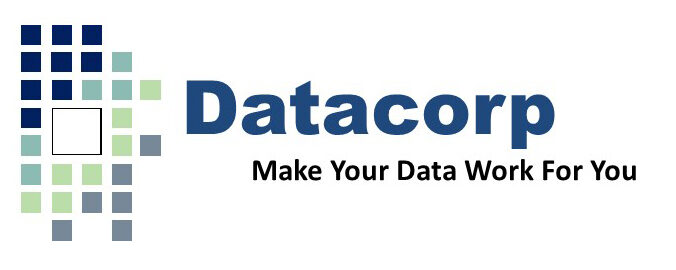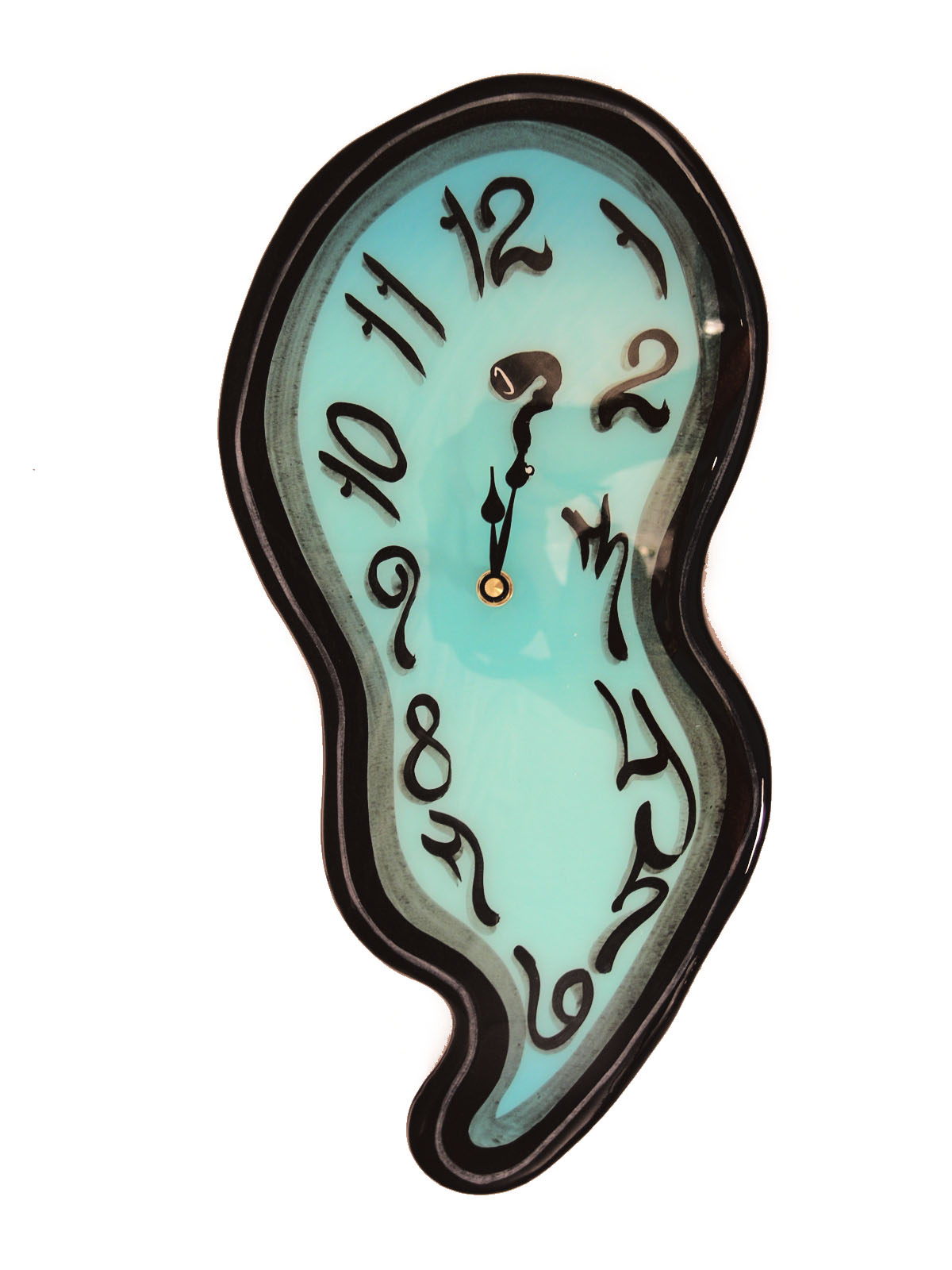P. Allison Minugh, Ph.D., Susan L. Janke, M.S., and Renee Saris-Baglama, Ph.D. It may be surprising to find that there is little guidance available for how to effectively handle problematic data. Although professional guidelines cover general principles of data collection and data analysis, “researcher degrees of freedom” for how data […]
Data Quality
Renee Saris-Baglama, Ph.D. and P. Allison Minugh, Ph.D. Recently, the Obama administration issued an Executive Order to ensure government data are accessible and useful. Project Open Data (http://project-open-data.github.io/) is intended to improve transparency and spawn innovation. Agencies are tasked with thinking about data as an asset. In doing so, agencies […]
P. Allison Minugh, Ph.D. and Renee Saris-Baglama, Ph.D. Data handling typically gets short shrift in scholarly publications. While researchers painstakingly report study methods and measurement tools, data handling is largely invisible. Some argue this practice needs to change to ensure research credibility (e.g., Simmons, Nelson, & Simonsohn, 2011), but publishers […]
Renee Saris-Baglama, Ph.D. and P. Allison Minugh, Ph.D. How much do bad data cost? Some suggest bad data might translate into a 3 trillion dollar problem (http://hollistibbetts.sys-con.com/node/1975126) although the true costs are hard to determine based on reported study data (Haug, Zachariassen, & van Liempd, 2011). What we do know […]
P. Allison Minugh, Ph.D. and Renee Saris-Baglama, Ph.D. Eleven years ago we made what turned out to be a fortunate discovery at Datacorp. In the course of natural staff turn-over, we learned that data managers and analysts didn’t all do their work the same way. It’s one of those discoveries […]
Renee N. Saris-Baglama, Ph.D. and P. Allison Minugh, Ph.D. Fourteen-year-old widows? Women aged 15 to 19 with 12 children? These are a couple of the strange statistics found in early U.S. Census data (Kruskal, 1981). In our experience cleaning longitudinal data we even found that time could go backwards! Or […]

